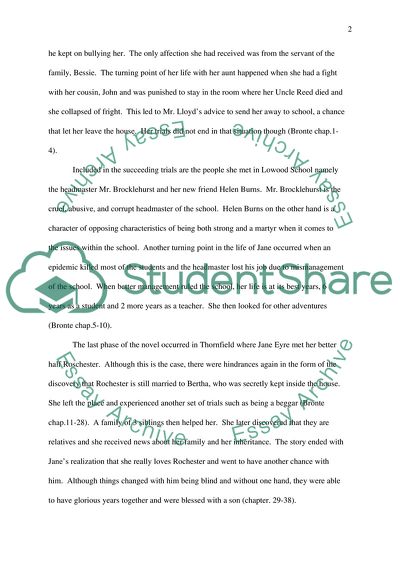Cite this document
(Psychoanalysis of Charlotte Bronte's Jane Eyre Book Report/Review - 1, n.d.)
Psychoanalysis of Charlotte Bronte's Jane Eyre Book Report/Review - 1. https://studentshare.org/literature/1754445-how-far-does-psychoanalysis-help-us-in-our-understanding-of-charlotte-brontes-jane-eyre
Psychoanalysis of Charlotte Bronte's Jane Eyre Book Report/Review - 1. https://studentshare.org/literature/1754445-how-far-does-psychoanalysis-help-us-in-our-understanding-of-charlotte-brontes-jane-eyre
(Psychoanalysis of Charlotte Bronte'S Jane Eyre Book Report/Review - 1)
Psychoanalysis of Charlotte Bronte'S Jane Eyre Book Report/Review - 1. https://studentshare.org/literature/1754445-how-far-does-psychoanalysis-help-us-in-our-understanding-of-charlotte-brontes-jane-eyre.
Psychoanalysis of Charlotte Bronte'S Jane Eyre Book Report/Review - 1. https://studentshare.org/literature/1754445-how-far-does-psychoanalysis-help-us-in-our-understanding-of-charlotte-brontes-jane-eyre.
“Psychoanalysis of Charlotte Bronte'S Jane Eyre Book Report/Review - 1”. https://studentshare.org/literature/1754445-how-far-does-psychoanalysis-help-us-in-our-understanding-of-charlotte-brontes-jane-eyre.


